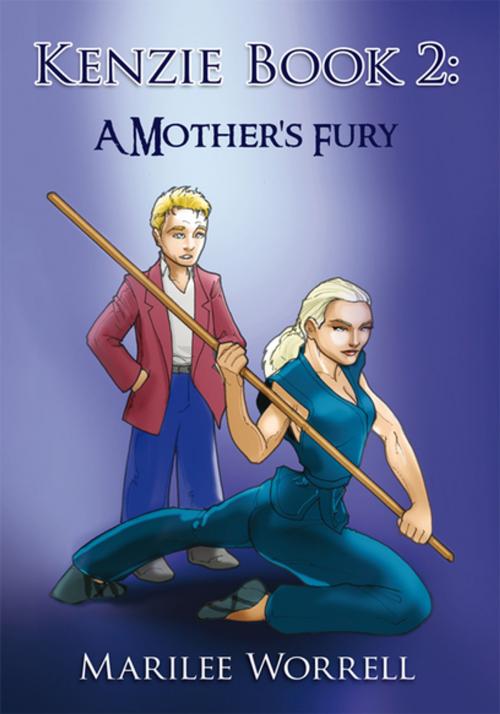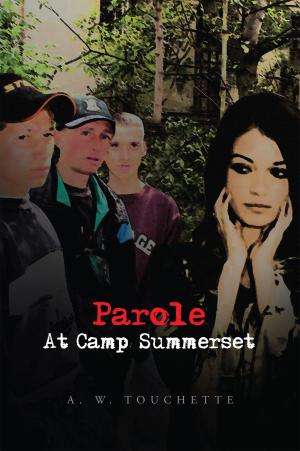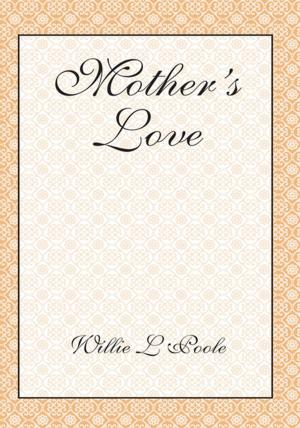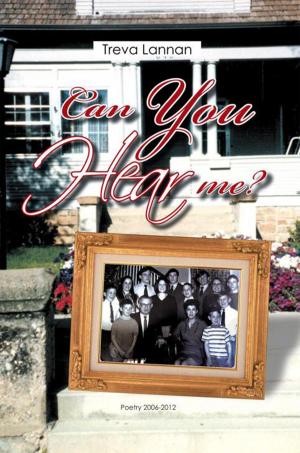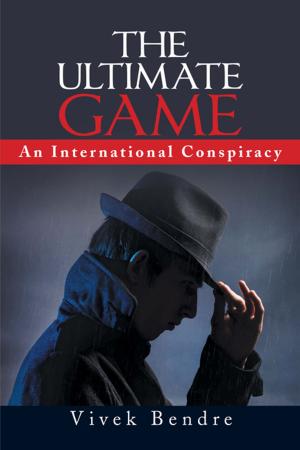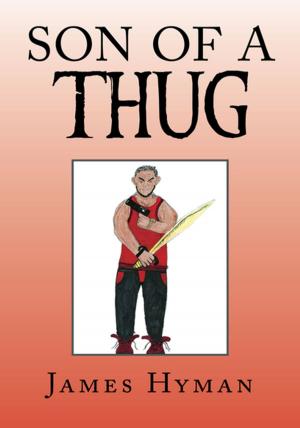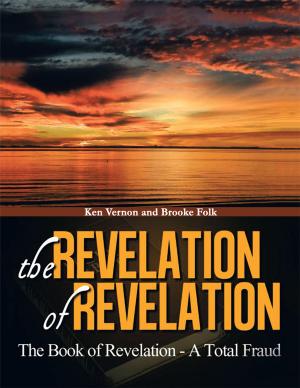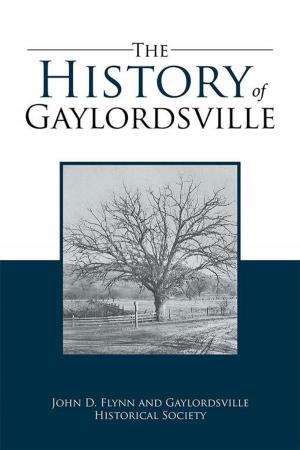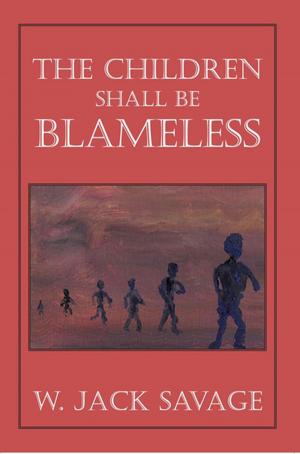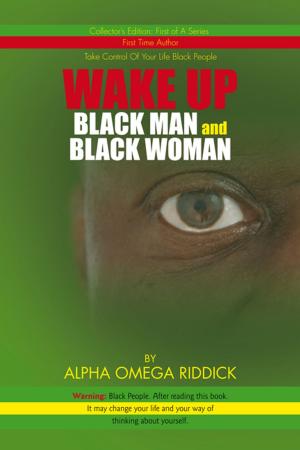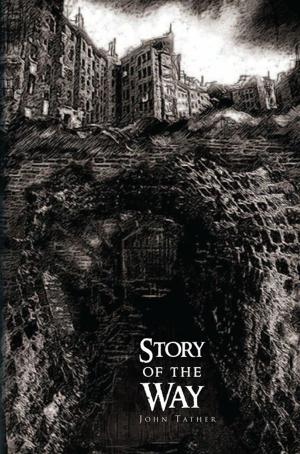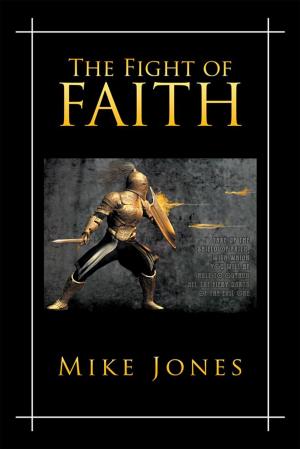| Author: | Marilee Worrell | ISBN: | 9781462805310 |
| Publisher: | Xlibris US | Publication: | August 21, 2008 |
| Imprint: | Xlibris US | Language: | English |
| Author: | Marilee Worrell |
| ISBN: | 9781462805310 |
| Publisher: | Xlibris US |
| Publication: | August 21, 2008 |
| Imprint: | Xlibris US |
| Language: | English |
Treason is the story of William Palmer and his descendents who were among the fi rst settlers in colonial North America. They were Puritans in the 17th Century, Quakers in the 18th Century, part of the Loyalist Diaspora to Shelburne, Nova Scotia after the American Revolution, and Canadian soldiers in the trenches of World War I. Treason is about the life and times of the Palmers, of the politic individuals who held sway, and the cause and effect of their use and abuse of power.
Book Review
This novel is rich in historical data and covers a wide time span. It begins when Will is preparing to leave England for the wilds of a young America and ends with his descendants fighting for England during WWI. The family is forced to flee to Canada (along with many others) when they chose to be remain loyal to the crown during the Revolution. If you ever wondered what happened to those people after they left, this book is for you.
---Anita Mott, Utah
History has come a long way. The teaching of it, that is.
In the good old days you know what it meant at school dates, official proclamations, names and battles. And perhaps a good snooze.
School history texts are still not page turners, but theyre getting better.
This new book, Treason: A Violation of Trust (Xlibris), by Janet Hudgins, has brought the method a little further along the way. It wasnt intended to be a school text. Hudgins intention was to pass along the story of British colonization in North America as it affected her own family. The result teaches history, for kids or adults, is a way that gets you involved personally.
It was written almost as if it were a novel, with liberal doses of history. But you want to know the history because it affects the characters so vitally. Which means it affects the reader strongly because Hudgins can get you involved in their lives emotionally. You suffer with William Palmer saying goodbye forever to his parents in 1635 when he leaves England for the New World, when he struggles with the filth and danger of the ocean crossing, and with the hardship and joys of a new life.
During the war of independence in the U.S. one of Palmers descendents, a Loyalist, is hanged for spying by a commanding officer seeking cold vengeance in circumstances in which any other commander would have shown mercy. You feel the pain with his family.
The Palmer family followed other Loyalists to Nova Scotia, where they started life anew without the wealth and comfort they had amassed over the years in New England. The book ends with descriptions of the Canadian victories at Vimy Ridge fought in terrible conditions.
The book could have used more editing. There are awkward spots, confusing timelines, and passages that are hard to understand. But those are secondary problems to what is offered a feeling of personal involvement in some of the history of both the U.S. and Canada.
This book would have made history classes fun.
---Harry Goldhar, Toronto, Canada
Treason is the story of William Palmer and his descendents who were among the fi rst settlers in colonial North America. They were Puritans in the 17th Century, Quakers in the 18th Century, part of the Loyalist Diaspora to Shelburne, Nova Scotia after the American Revolution, and Canadian soldiers in the trenches of World War I. Treason is about the life and times of the Palmers, of the politic individuals who held sway, and the cause and effect of their use and abuse of power.
Book Review
This novel is rich in historical data and covers a wide time span. It begins when Will is preparing to leave England for the wilds of a young America and ends with his descendants fighting for England during WWI. The family is forced to flee to Canada (along with many others) when they chose to be remain loyal to the crown during the Revolution. If you ever wondered what happened to those people after they left, this book is for you.
---Anita Mott, Utah
History has come a long way. The teaching of it, that is.
In the good old days you know what it meant at school dates, official proclamations, names and battles. And perhaps a good snooze.
School history texts are still not page turners, but theyre getting better.
This new book, Treason: A Violation of Trust (Xlibris), by Janet Hudgins, has brought the method a little further along the way. It wasnt intended to be a school text. Hudgins intention was to pass along the story of British colonization in North America as it affected her own family. The result teaches history, for kids or adults, is a way that gets you involved personally.
It was written almost as if it were a novel, with liberal doses of history. But you want to know the history because it affects the characters so vitally. Which means it affects the reader strongly because Hudgins can get you involved in their lives emotionally. You suffer with William Palmer saying goodbye forever to his parents in 1635 when he leaves England for the New World, when he struggles with the filth and danger of the ocean crossing, and with the hardship and joys of a new life.
During the war of independence in the U.S. one of Palmers descendents, a Loyalist, is hanged for spying by a commanding officer seeking cold vengeance in circumstances in which any other commander would have shown mercy. You feel the pain with his family.
The Palmer family followed other Loyalists to Nova Scotia, where they started life anew without the wealth and comfort they had amassed over the years in New England. The book ends with descriptions of the Canadian victories at Vimy Ridge fought in terrible conditions.
The book could have used more editing. There are awkward spots, confusing timelines, and passages that are hard to understand. But those are secondary problems to what is offered a feeling of personal involvement in some of the history of both the U.S. and Canada.
This book would have made history classes fun.
---Harry Goldhar, Toronto, Canada
